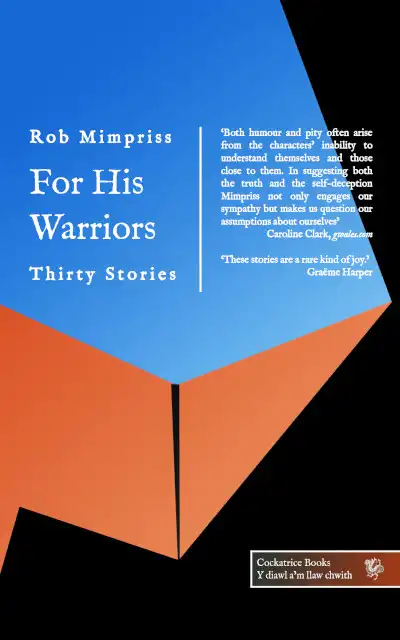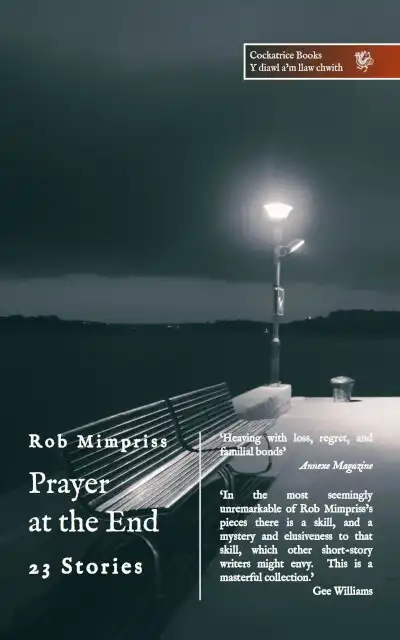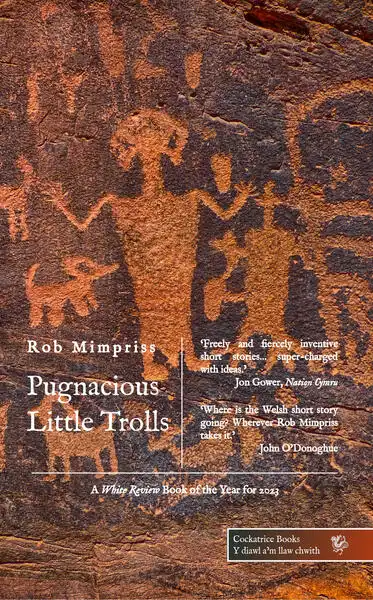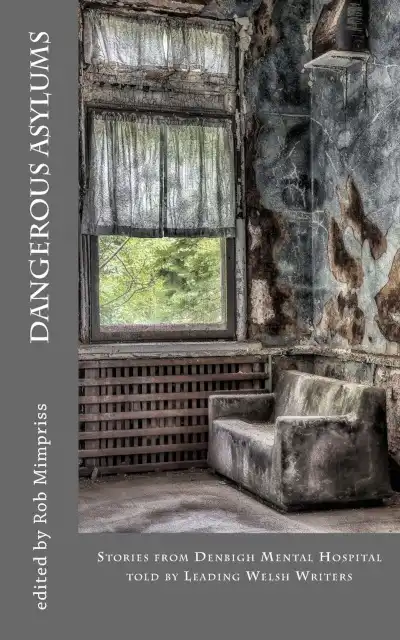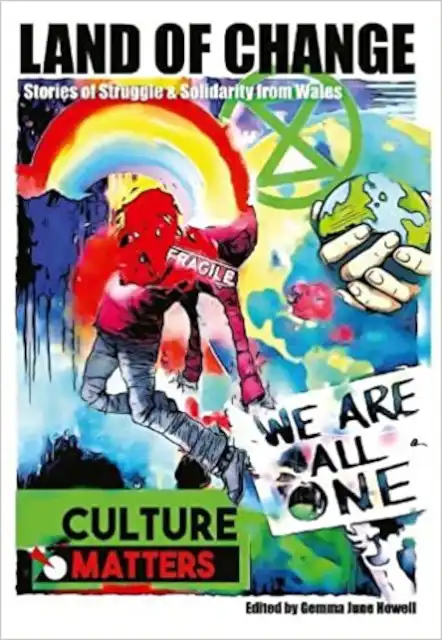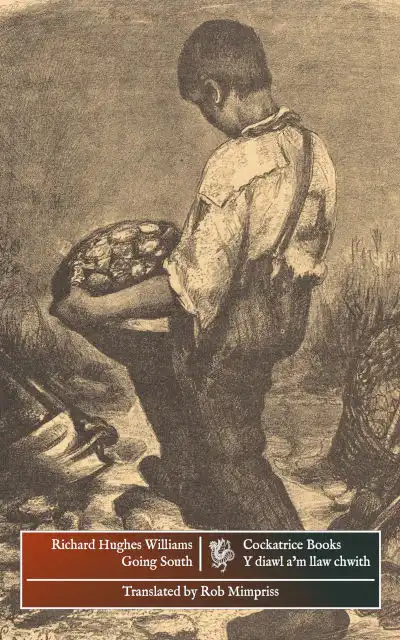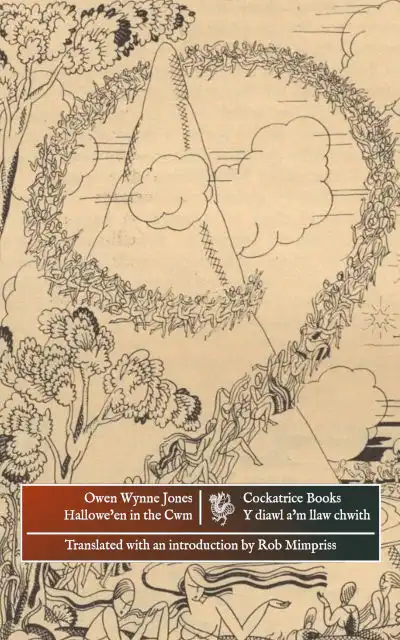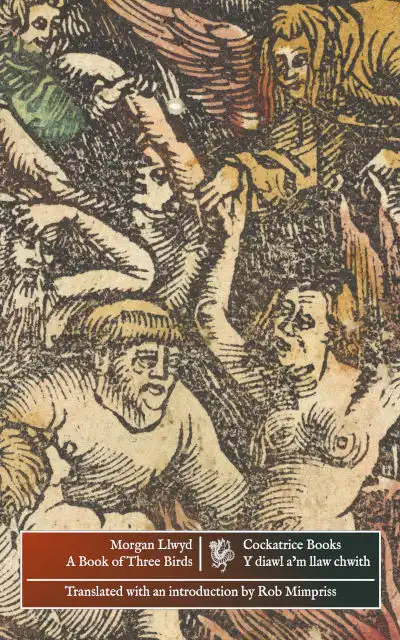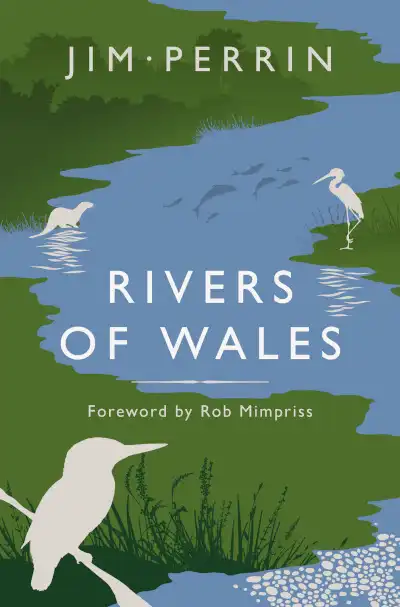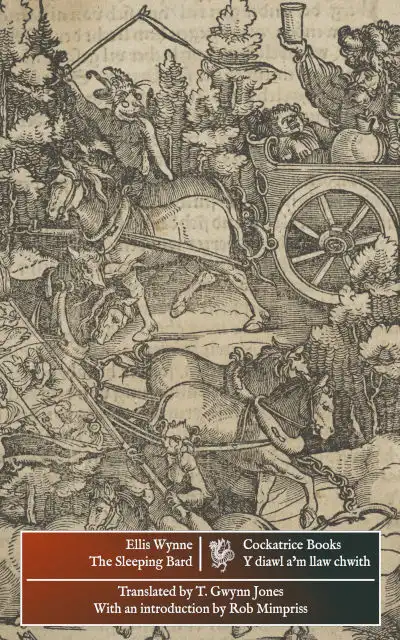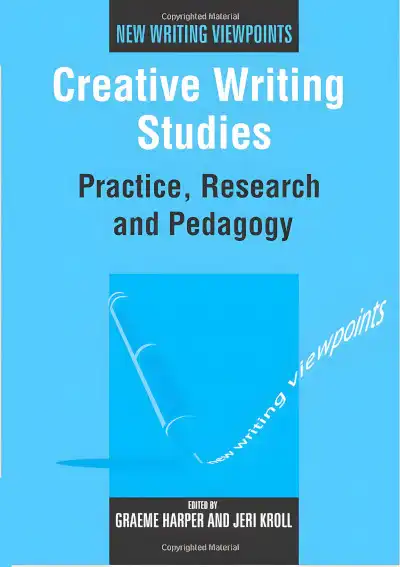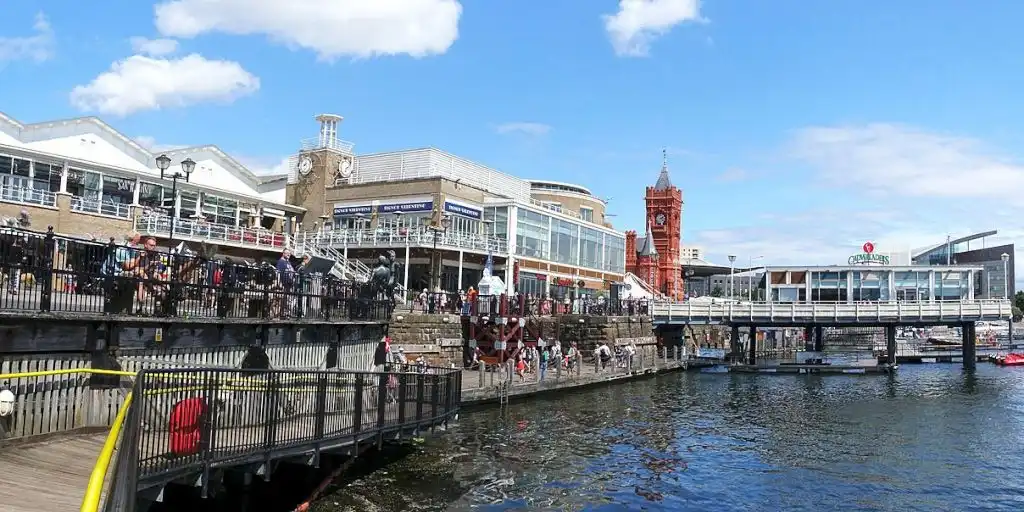Let us imagine that a certain ethnic group (we might call them E) lives in a peaceful and democratic union with a handful of smaller ethnic groups (let us call them A to D), with whom it exists under a single set of laws, and with whom it enjoys a single public purse deployed for the good of the union as a whole, and apportioned on the basis of need. Moreover, within this union, Groups A to D enjoy certain privileges not enjoyed by Group E: the right to convene their own parliaments, answerable to the parliament of the union as a whole, and to raise their own taxes to spend on their distinctive cultural lives or other political objectives.
Yet despite these privileges, and despite the union’s democratic structure, there are problems. Group E enjoys most of the land, spilling over into the homelands of Groups A to D and to some extent displacing their indigenous populations; and as it accounts for more than half of the union’s population, it dictates the makeup of its parliament. Meanwhile its leaders complain that the existence of parliaments for groups A to D is a threat to democratic equality, and to the health of the union, which they insist is an overriding moral good. Members of Groups A to D complain that Group E uses its demographic majority to impose its own political values on the union and to secure its own economic advantage, thus threatening the well-being of individual members of Groups A to D, and the future continuance of their cultures. They insist that while the democratic nature of the union might protect their rights as individuals, not least their right to seek to assimilate themselves within Group E, it ignores their collective rights as members of Groups A to D, which are also a component of their human dignity. ‘You’re sovereign members of a voluntary union,‘ the leaders of Group E tell them. ‘If you don’t like the way we treat you, you can leave.’
Which real-world ethnicity might be represented by Group E does not seem to me to be very important, for wherever I have travelled in the world, I have noticed that the larger ethnic groups which control their less populous neighbours are invariably in their own opinion civilised, tolerant, and progressive, and the smaller groups over which they have had the goodness to extend their bountiful rule are driven to hate them by an unreasoning vindictiveness, which is a result of some ethnic or genetic fault. And this difference in moral stature is certainly very visible when educated members of Group A, or possibly Group B or D, raise the possibility of seceding from the union of Groups A to E in response to Group E’s dominance. Group A, B or D, as it might be, are then warned by Group E that their political beliefs are extremist and a threat to the wellbeing of their peoples, that their leaders have misused their existing powers through nationalism or corruption, that their poverty, compared to Group E, is a result of their own laziness or folly, and that their cultures are threatened because their children recognise that Group E’s culture is superior. When these arguments are unsuccessful, and the opinions of educated minorities in Groups A to D threaten to become the opinions of the groups as a whole, the leaders of Group E tell them that they will not be permitted to continue their discussion of independence, because the voluntary union of which they are a part will not allow it.
At this point let us imagine that neighbouring ethnic groups (one might call them F and G) involve themselves in the debate between groups A to E, drawing on their own experience as rulers of ethnic Groups P and T, or as numerically equal co-participants in a more permissive union with Group V. What A to D will settle for, say F and G, is a piece of paper assuring them that they have the democratic right to end their union with Group E when they so wish, or even, on the basis of their own democratic majorities, veto as many of Group E’s decisions as affect them. And while it may seem to be taking us from lapidary and erudite political satire into the candyfloss of escapist fantasy, let us momentarily suppose that Group E accepts this decrease in its influence, despite vociferous populist opposition — just as so often in the kindly fables of Aesop the lion consents to be taught morals by the goat, and the hawk is dissuaded from eating the rabbit by the mouse.
The union continues on the basis that each ethnic group has equal authority, until Groups A to D announce their intention to use their new powers to prevent some reform which would damage their welfare. ‘We’re sovereign members of a voluntary union,’ the leaders of Group E tell them. ‘If you don’t like the way we treat you, we can leave.’
Note: This piece recalls the first story in Pugnacious Little Trolls, a collection by Rob Mimpriss. The Scottish political theorist, Tom Nairn, argued in an interview with Scott Hames that the UK will never achieve a federal settlement to its ethnic disputes because England’s leaders would prefer to see the breakup of the UK than any moderation of England’s powers within it.

